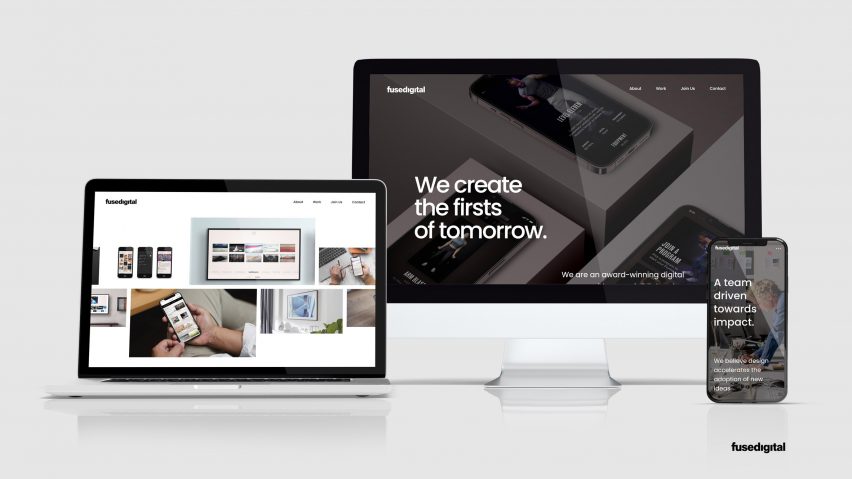Designer Yves Béhar's studio Fuseproject has launched a digital division, Fusedigital, after acquiring Lisbon digital agency Mindshaker.
The acquisition will allow the San Francisco-based multidisciplinary studio to expand in Europe and focus more on digital experiences, said Béhar.
"It is a really great further capability that we're building," he told Dezeen.
"Fifty per cent of our work has been in Europe for many years," he added. "We're seeing a lot more developments, we have a lot of clients there and everybody is excited for us to have a larger office in Europe."
The Fusedigital division will add to the technical side of Fuseproject's capabilities and become an anchor point for the company to add more team members in Europe, while also creating a "great cultural parallel" to California, the designer said.
Fusedigital working on cultural and mobility initiatives
Fuseproject had partnered with Mindshaker on a number of projects in the months leading up to the acquisition and is currently working on a cultural initiative, as well as projects in mobility and transportation, under the new digital umbrella.
"[The acquisition] definitely gives us a new set of capabilities," Béhar said. "We've worked with internal teams, or very often with outside agencies, and it's worked out great."
"But having some of that under our own wing gives us more legitimacy to work on these projects all the way through," he added.
"It creates a longer relationship because you're handling all of the execution side of things and the refinement part, and it allows our teams to go back and forth."
No "divide between the physical and the digital"
Béhar, who has designed a number of projects that combine the digital and physical, said there "isn't really a divide between the physical and the digital."
"For a lot of it, you don't have to know when one begins and the other starts," he added. "For some of the projects we do technology is very much in the background, and sometimes it's more in the foreground."
"To me, the physical and digital are just a continuum in design; they're really part of the practice of creating these unique experiences," he continued.
Expanding in Europe could also help the studio further evolve into areas it is currently exploring.
"We started working in robotics and AI two or three years ago, working with great teams on, for example, the Moxie robot that's designed for children's education and kids on the spectrum," Béhar said.
"I think the intelligence that some of these educational or health and healthcare projects have is really critical to delivering the care that we want," he added.
"Those are very interesting projects and on some level I feel Europe is, with its social medicine and sort of social health care approach, ahead for some of these opportunities to improve care. So we do see some more opportunities in AI robotics."
The studio chose to acquire Mindshaker due to its "technological experience, its ties to the growing European-based community of designers, and its commitment to mission-driven values," Fuseproject said.
The acquisition means Fuseproject will grow from 45 employees to 60.
Previous Fuseproject designs with a digital aspect include a bionic leg wrap that uses AI to correct walking patterns and a cube-shaped indoor security camera.
The images are courtesy of Fuseproject.

